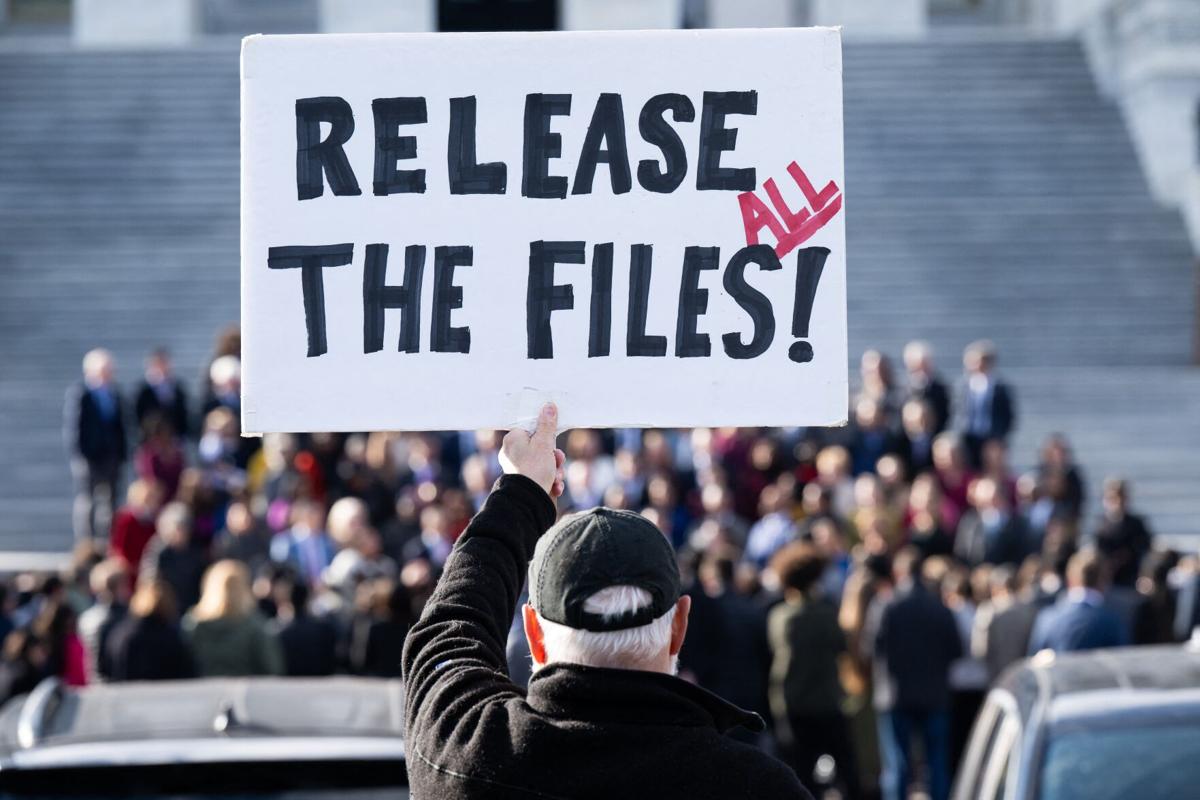The Siege of Starvation between America and Israel
In reality, Israel has not complied with the agreement, which stipulates that a minimum of 600 trucks must enter the Gaza Strip daily. Figures show that only around 3,000 trucks have entered the strip this month, far short of the agreed-upon minimum of over 8,000. Even worse, Israel has continued to threaten to close the crossings, insisting on keeping starvation as a weapon in its hands and controlling the quantity and type of all aid entering the strip. As a result, aid remains piled up at the borders, while the list of banned items — which ranges from medicine and infant formula to meat and eggs — continues to grow.
Transferring the decision-making power over aid to the United States through the civil-military coordination center that it established in Israel to manage operations in Gaza would, if done properly, strip Benjamin Netanyahu of his ability to control this issue. However, this surely requires moving to the next stages of the agreement and achieving total clarity in the currently debated U.N. Security Council resolution. It also requires the full implementation of the agreement's provisions on opening the crossings and ensuring safe routes for aid. Moreover, it requires the active participation of international organizations, especially those affiliated with the United Nations, whose experience has proven irreplaceable in carrying out such tasks. The most important example here is the U.N. Relief and Works Agency, which itself became a target in the genocidal war Israel has launched against the Palestinian people.
It is crucial to wrest control of aid from Netanyahu's hands and place it under the purview of international legitimacy. The crossings must be opened immediately, and the starvation siege must end forever.
But most importantly, all of this must be framed by a clear vision that recognizes the fundamental issue: There is an occupation that must end, a people that must be liberated, and a Palestinian state that must be established within its full borders. Furthermore, the war crimes — from starvation siege to genocide — must not be forgotten until justice is served.

